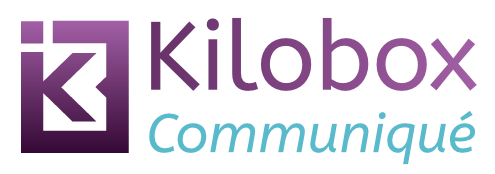
The advantages
Sharing your work across different parts of the web and with different tribes within your social crowd will give you a greater reach – it might open up new audiences to you. It makes sense to squeeze the most value from your best articles; if you’ve spent hours researching and crafting a detailed blog post, you don’t want it to be buried on your blog when you post a wry observation or other short post. By sharing your best articles across the social web they get to live on a little longer than they might do within their original home.
Some people within your target audience might not be the subscribing type (RSS Newsfeeds still take some effort to understand) and not everyone is going to go to the effort of visiting your blog on a bi-weekly basis. But lots of people visit Facebook and MySpace every day, often at the same time of day (after work / Uni) and often multiple times throughout the day (breaks / mobile surfing). If your work is automatically syndicated to Facebook then it will appear on people’s home pages (for a short time) and within your profile page.
By reaching out beyond the confines of your personal website, you’re going to where the audience is, rather than expecting the audience to traipse to you. Choose your readers, and go to them!
How to do it
If you use WordPress as your blogging system you should be able to install Tweet Tools and configure the plug-in so that it Tweets for you every time you publish a new blog post. I write my blogs in advance and have WordPress hold them until the early morning – when my posts are automatically published, Tweet Tools automatically tells those people who follow me on Twitter the title and the address.
You can use various applications within Facebook to pull in RSS feeds, and so your blog posts can appear in various places within Facebook. You can also create links to your best blog post as a ‘posted item’ on Facebook. Remember to manage any comments of conversations that start.
I think Bebo and MySpace are a little different; I think you have to make the effort to copy n paste your work in to their version of a blog. This is a little arduous perhaps, but by making the effort you’re keeping your Bebo and MySpace profiles fresh, and nothing’s worse then an uncared for profile page.
(I do not have a MySpace profile (ugh) but my vol org, FirstSigns, does.)
Be aware that people may not bother to visit your ‘real’ blog site, and that comments and conversations may start within the social networking site, so you may have to check several websites to keep up with your readers, which may not be appropriate for large popular blogs. But for me, it’s a great way to engage with more people and expand my readership. Plenty people read my blogs because of Facebook and Twitter, and they have no interest in RSS.
Find where your readers hang out and go to them!
[Wedge]P.S. I wrote this using an iPhone while lodging in the woods.




I sort of agree… which means there are provisos.
If your audience doesn’t understand RSS, help them out.
I did it with an RSS how-to and my mate Brian Kelly did it with a video Google Reader how-to.
The other thing is that if you use a multiplicity of tools, you *can* end up with duplication with social media which I chatted about a while ago. I stopped my tweets going to Facebook for this reason, though I do use Twitterfeed to post my blogs to Twitter.
Of course, I need to sort out FriendFeed – which is no posting my tweets to Facebook – but at least not updating the status.